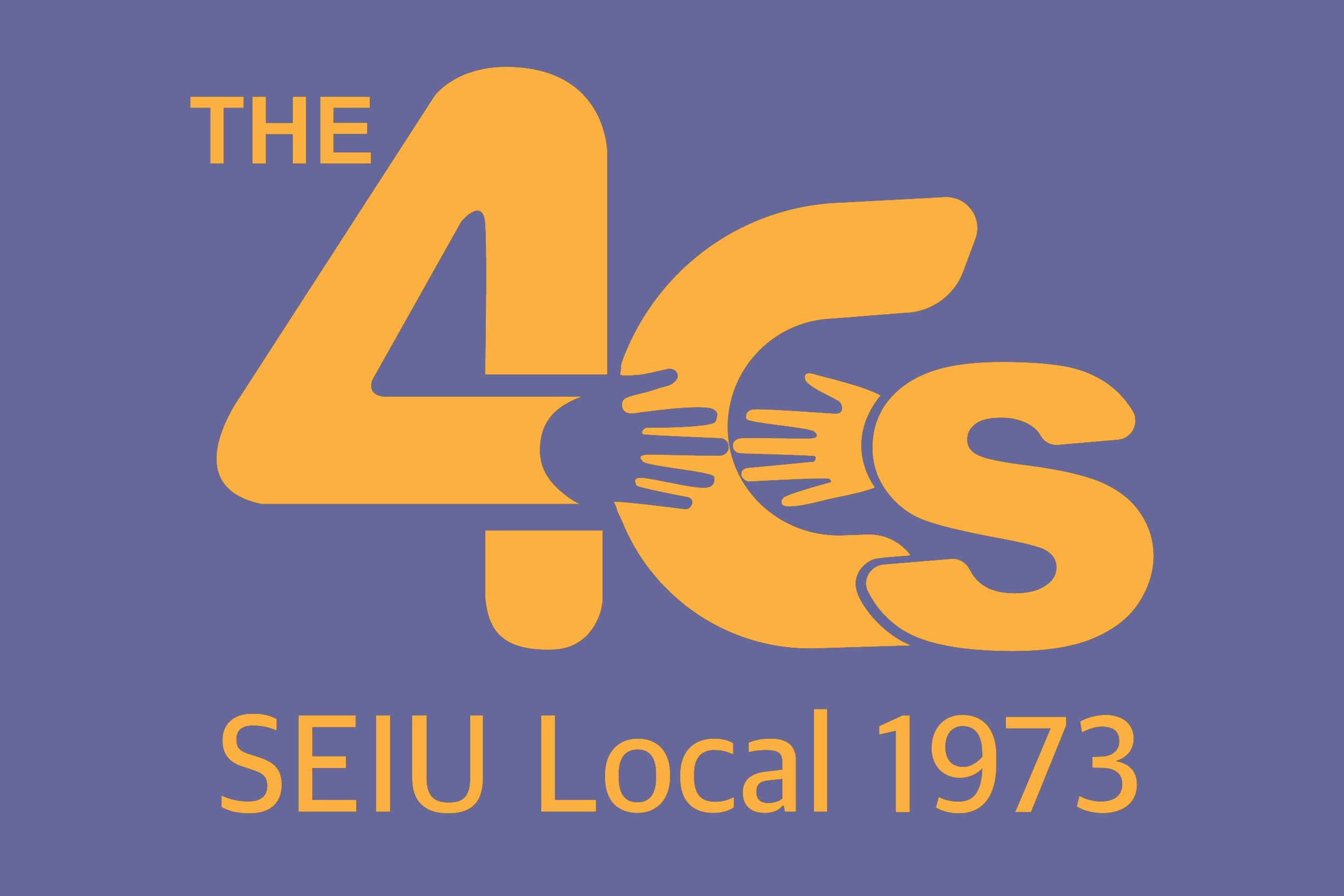The State Employees Bargaining Agent Coalition (SEBAC) voted this afternoon to open formal discussions with the Malloy administration around a framework that will save jobs and save costs to help address the ongoing revenue shortfalls that have caused Connecticut's budget deficit.
Click here for union leaders framework.
This framework and potential savings are a clear example of why collective bargaining is so imperative for our state.
Without collective bargaining, the billions of dollars in savings from years of agreed upon state worker concessions would not have been realized. This was an important first step as middle-class workers are doing their part to help solve the budget deficit. Now is the time for legislators to ask the same of the state's most wealthy and billion dollar corporations.
A final SEBAC agreement will rescind the layoff notices that have been issued since April, provide four years of layoff protection and extend state health care and retiree health care benefits for five years.
Within this framework, the administration must complete all unit negotiations before SEBAC can move forward towards a membership vote.
There are critics who have already come out against this framework because they believe that it does not cause enough pain for working families. These critics would undoubtedly stand against any agreement with SEBAC. Those individuals need to be reminded of the fact that state employees continue to save the state $1 billion annually through concessions.
We have always been willing to do our part.
What happens next?
- 4Cs leaders will meet to discuss the framework and hold information sessions on the campuses.
- The 4Cs and our coalition partners, AFT and AFSCME, would need to work out a tentative agreement on our 4Cs Contract with the BOR.
- The SEBAC agreement and the 4Cs Contract Agreement will be subject to ratification by the members.
- Once this process is completed, and if all are approved, the SEBAC agreement and all the contracts for the individual bargaining units would be presented to the General Assembly as a single item for approval. The General Assembly can either vote yes on all the agreements or no on all the agreements.
More information to follow.
